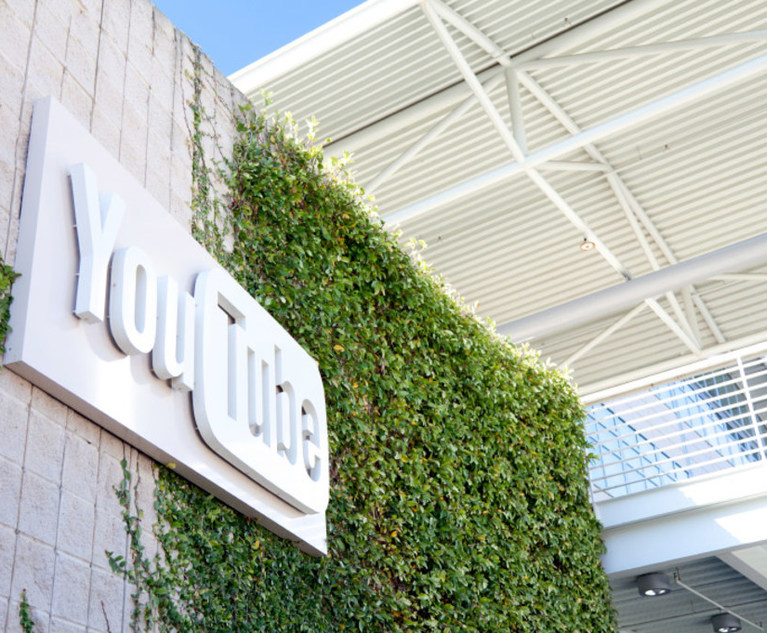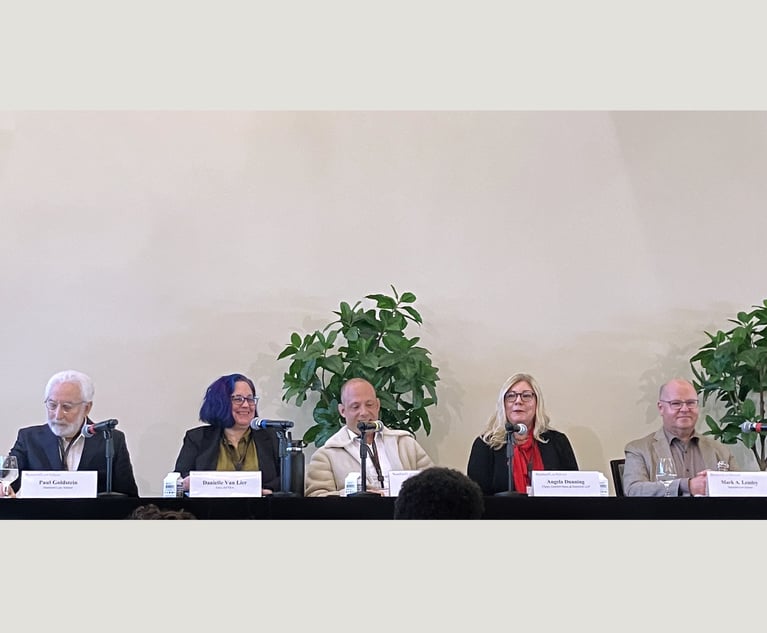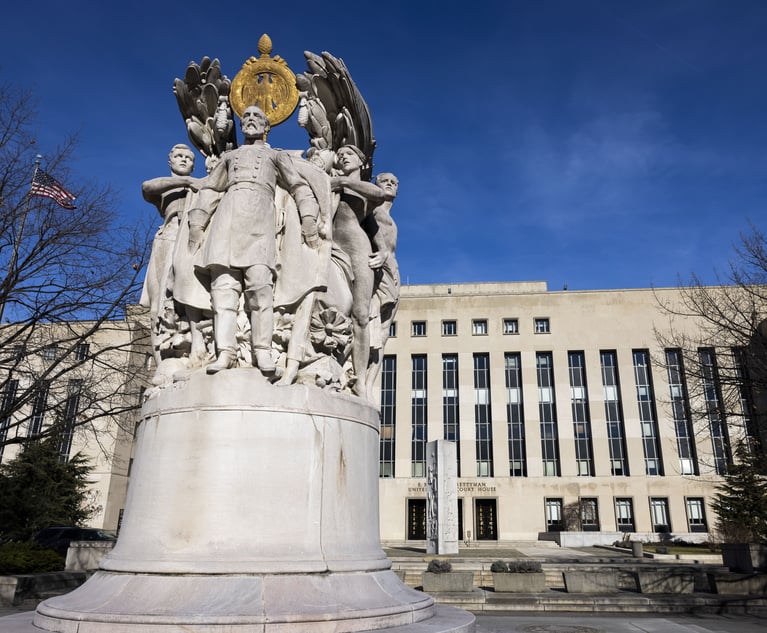After hours of oral argument, the future of YouTube and other platforms’ liability for content management before the U.S. Supreme Court was no more clear Tuesday than when the dispute was first filed.
The case, Gonzalez v. Google, one of two cases focused on how private companies are protected by Section 230 of the Communications Decency Act to be heard this week, was supposed to focus on when and how a platform like YouTube is responsible for what it shows a user. But as the debate expanded, going back to the law’s enactment in 1996, court watchers saw a more limited outcome as the implications of the court broadly changing the law became more clear.
This content has been archived. It is available through our partners, LexisNexis® and Bloomberg Law.
To view this content, please continue to their sites.
Not a Lexis Subscriber?
Subscribe Now
Not a Bloomberg Law Subscriber?
Subscribe Now
LexisNexis® and Bloomberg Law are third party online distributors of the broad collection of current and archived versions of ALM's legal news publications. LexisNexis® and Bloomberg Law customers are able to access and use ALM's content, including content from the National Law Journal, The American Lawyer, Legaltech News, The New York Law Journal, and Corporate Counsel, as well as other sources of legal information.
For questions call 1-877-256-2472 or contact us at [email protected]


 YouTube. Credit: Jason Doiy Photography
YouTube. Credit: Jason Doiy Photography





